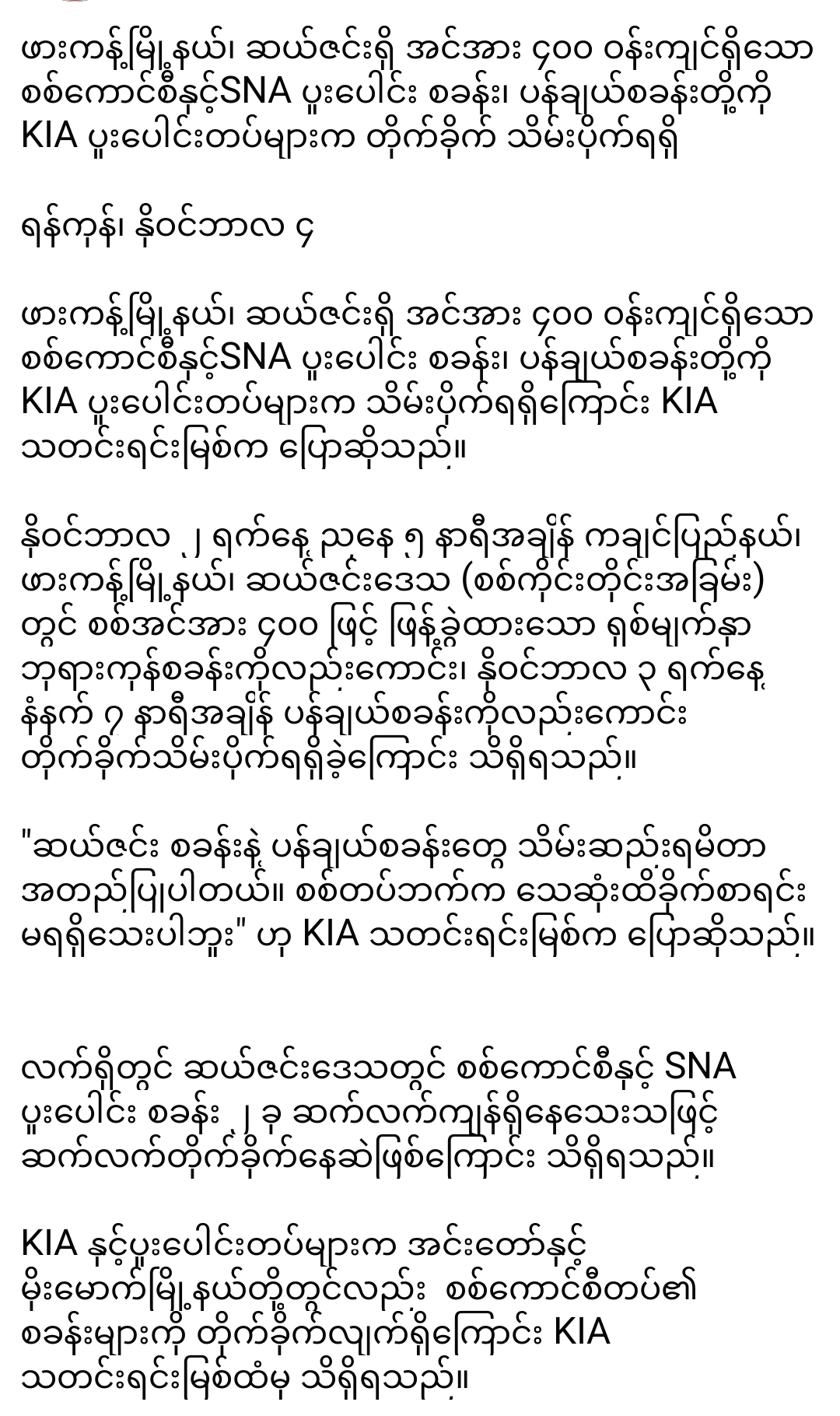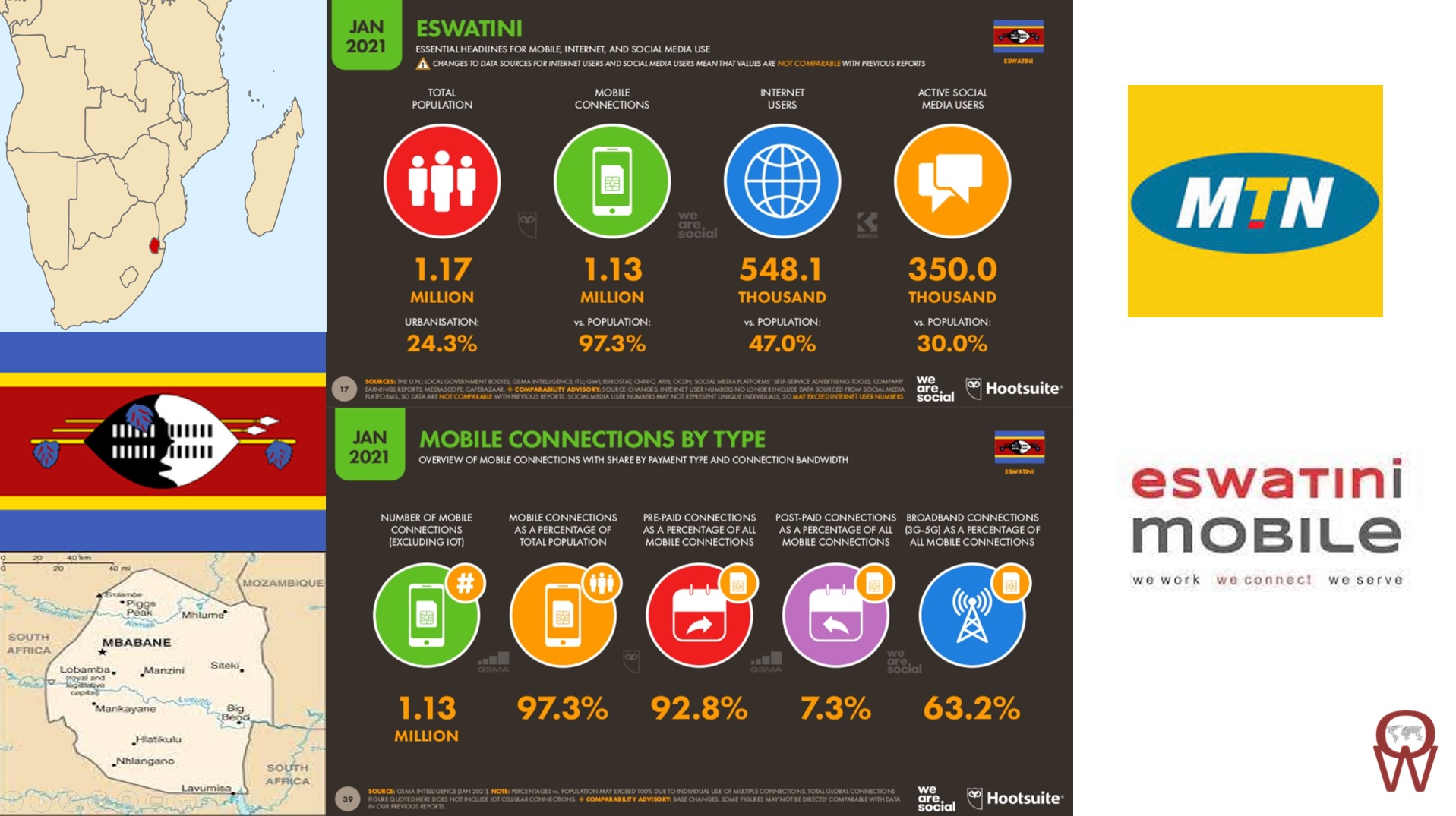
Telecommunication companies in Eswatini
Eswatini, a small landlocked country in Southern Africa, has a developing telecommunications sector that plays a crucial role in connecting its citizens and fostering economic growth. The country has seen significant advancements in mobile and internet services in recent years, driven by competition among key telecommunication companies.
Major Telecommunications Companies
1. MTN Eswatini: A subsidiary of the South African multinational MTN Group, MTN Eswatini is one of the leading mobile network operators in the country. Established in 1998, it offers a wide range of services, including voice, data, and mobile money (MTN Mobile Money). The company has invested significantly in expanding its network coverage and improving service quality, which has contributed to its strong market presence. MTN Eswatini is known for its competitive data packages and promotions that cater to various customer needs.
2. Swazi Telecom: Swazi Telecom, also known as the Eswatini Telecommunications Corporation (ETC), is a state-owned enterprise that provides fixed-line and mobile telecommunication services. Established in 1968, the company has evolved to include internet and data services in its portfolio. Swazi Telecom focuses on providing reliable communication solutions to both individual and corporate customers. Its efforts to enhance internet connectivity through fiber-optic technology have been instrumental in improving broadband access across the nation.
3. Easytone: Easytone is a relatively newer entrant in the Eswatini telecommunications market, primarily focused on providing mobile and internet services. The company has targeted the youth market with affordable data plans and innovative digital services. Easytone aims to enhance digital literacy and accessibility among the youth, making it a key player in promoting technology adoption in the country.
Internet and Mobile Penetration
Eswatini has experienced a surge in mobile penetration, with a significant percentage of the population owning mobile phones. The government has recognized the importance of expanding digital infrastructure to enhance connectivity and drive economic growth. Efforts have been made to improve internet access, particularly in rural areas, where connectivity remains a challenge.
Mobile data services have become increasingly important in Eswatini, with many citizens relying on their mobile devices for communication, social media, and access to information. The rise of mobile money services, facilitated by companies like MTN, has also transformed how people conduct financial transactions, contributing to financial inclusion in the country.
Challenges in the Telecommunications Sector
Despite the progress made, the telecommunications sector in Eswatini faces several challenges. Infrastructure development remains a priority, as rural areas still lack reliable access to telecommunications services. Additionally, the cost of data services can be prohibitive for some consumers, limiting their ability to access the internet.
Regulatory challenges also affect the industry, with the need for policies that encourage competition while ensuring service quality and consumer protection. The Eswatini Communications Commission (ECC) plays a vital role in regulating the telecommunications sector, promoting fair competition and protecting consumer rights.
Future Prospects
The future of telecommunications in Eswatini looks promising, with ongoing investments in infrastructure and technology. The government’s commitment to enhancing digital connectivity aligns with global trends toward increased internet access and mobile technology adoption. Initiatives to promote digital literacy and skills development will be crucial in ensuring that citizens can fully leverage the benefits of improved telecommunications services.
As Eswatini continues to embrace technological advancements, the telecommunications sector is poised to play a pivotal role in driving economic growth and improving the quality of life for its citizens. With a competitive landscape and a focus on innovation, the country is well-positioned to enhance its telecommunications infrastructure and services in the years to come.




Leave a Reply